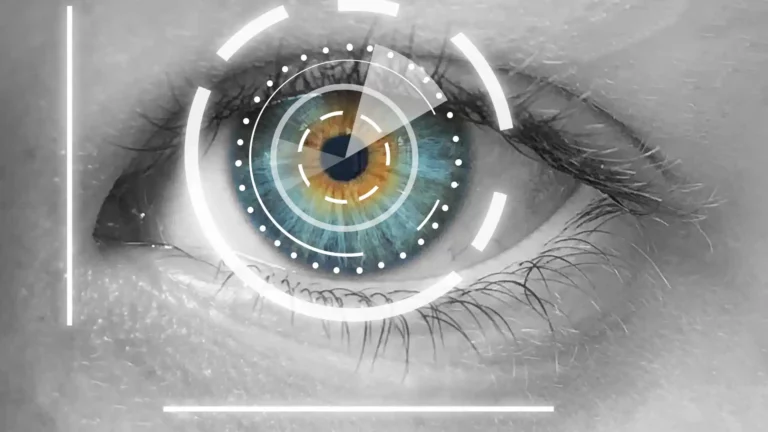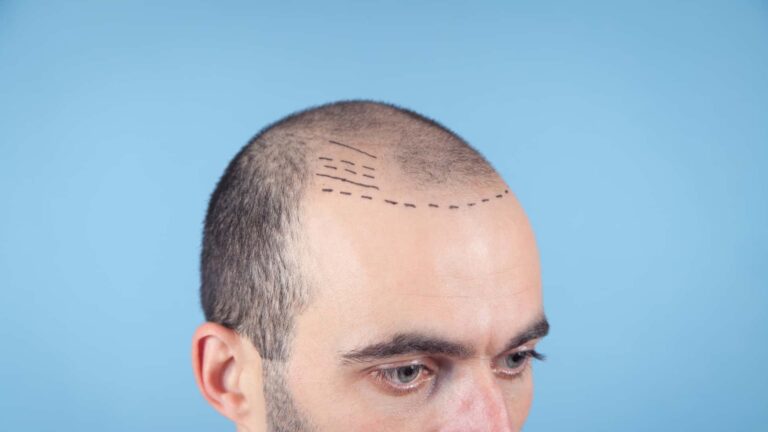Introduction
Welcome to the definitive guide on LASIK Eye Surgery, a revolutionary procedure that has transformed the lives of millions by providing freedom from glasses and contact lenses. In this comprehensive exploration, we will delve into the purpose, procedures, benefits, and considerations associated with LASIK, offering valuable insights for those seeking to embark on a journey to clear and unaided vision.
Understanding LASIK Eye Surgery
Defining LASIK
LASIK (Laser-Assisted In Situ Keratomileusis) is a widely performed refractive surgery designed to reshape the cornea, the clear front part of the eye, to correct common vision problems such as nearsightedness (myopia), farsightedness (hyperopia), and astigmatism.
Key Objectives
1. Vision Correction
The primary objective of LASIK is to correct refractive errors, providing patients with clear and sharp vision without the need for glasses or contact lenses.
2. Rapid Results
LASIK is renowned for its ability to deliver rapid and often immediate improvements in vision, allowing individuals to return to their daily activities quickly.
The LASIK Procedure
Preoperative Evaluation
The LASIK journey begins with a comprehensive eye examination to assess the patient’s eligibility for the procedure. Factors such as corneal thickness, pupil size, and overall eye health are evaluated.
Creating the Corneal Flap
1. Anesthetic Eye Drops
Before the procedure, anesthetic eye drops are applied to ensure the patient’s comfort.
2. Corneal Flap Creation
Using a microkeratome or femtosecond laser, a thin flap is created on the cornea. This flap is gently lifted to expose the underlying corneal tissue.
Laser Reshaping
1. Excimer Laser
A highly precise excimer laser is employed to remove microscopic amounts of corneal tissue, reshaping the cornea to correct refractive errors.
2. Customized Treatment
Advanced LASIK procedures utilize wavefront technology to create a personalized treatment plan, addressing unique imperfections in the eye.
Flap Repositioning
After corneal reshaping, the flap is carefully repositioned, where it begins to adhere naturally without the need for stitches.
Postoperative Care
Patients receive detailed postoperative instructions, including the use of prescribed eye drops and recommendations for minimizing activities that could impact the healing process.
Advantages of LASIK
Rapid Visual Recovery
Many patients experience significant improvements in vision within hours or days of the procedure.
Reduced Dependence on Corrective Lenses
LASIK often eliminates or reduces the need for glasses or contact lenses, providing a liberating experience for patients.
Enhanced Quality of Vision
The precision of LASIK results in improved contrast sensitivity and reduced glare, contributing to a higher quality of vision.
Long-lasting Results
The effects of LASIK are generally long-lasting, offering enduring benefits for those seeking lasting visual correction.
Choosing the Right LASIK Provider
Ophthalmic Expertise
Selecting a qualified and experienced ophthalmologist specializing in LASIK ensures a safe and successful procedure.
Technological Advancements
Choosing a provider with access to state-of-the-art LASIK technology enhances the precision and customization of the procedure.
Patient Testimonials
Exploring patient testimonials and success stories provides insights into the surgeon’s skill and patient satisfaction with LASIK outcomes.
Conclusion
In conclusion, LASIK Eye Surgery stands as a transformative and reliable solution for achieving clear and unaided vision. Understanding the procedures, benefits, and considerations, along with selecting a skilled LASIK provider, ensures a successful journey to visual freedom.


























